In the context of some of the most challenging times for peacebuilding, Kaleem Hussain outlines his newly published book, “Peace and Reconciliation in International and Islamic Law”, which explores the relationship between International Humanitarian Law (IHL) and Islamic Law (IL) in conflict resolution.
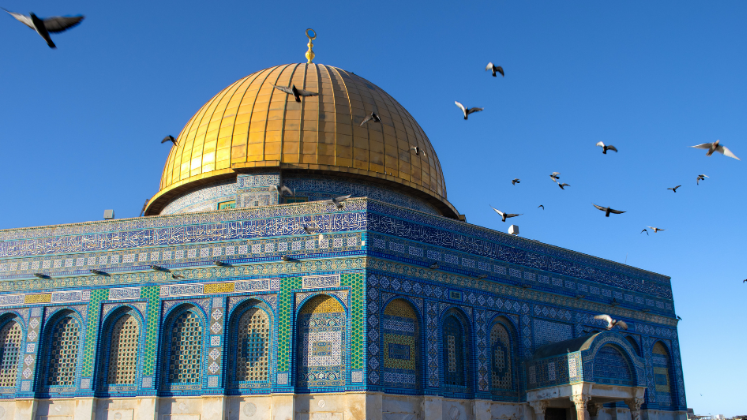
With the escalation of the conflict between Palestine and Israel rising to an unprecedented level, hundreds of lives are being lost and urgent questions are being raised within and about international humanitarian mechanisms with regards to their effectiveness in helping to de-escalate and steer towards a sustainable, peaceful solution to the conflict.
In my newly published book titled “Peace and Reconciliation in International and Islamic Law”; I explore the various tools, mechanisms and interfaces that exist between International Humanitarian Law (IHL) and Islamic Law (IL) in the process of conflict de-escalation and brokering sustainable peaceful outcomes in selected conflict theatres around the world, namely Palestine-Israel, Afghanistan and Kashmir, and whether such a model helps or hinders the pathway towards peace and reconciliation.
Whilst the legalistic and humanitarian normative paradigms will be very familiar to those engaged in conflict transformation in the international rules-based order, the faith and/or religious-based paradigms often get misconstrued; political and non-state actors look to use the pretext of religiosity in a mis-representative manner to justify their actions, leading often to cataclysmic end results. There are also proponents within the canopy of religious hierarchy who will stipulate that religion and/or faith-based paradigms should be left and or kept separate from the machinations of realpolitik due to the toxic grand-chessboard that ensues as parties and leaders look to cling onto power to preserve the status quo ante. This orients towards what can be coined as a “secular” or “theo-neutral” framework where religious paradigms play no active role in the day-to-day political and administrative stratification.
In Chapter 4 of my book, Towards a Theo-Diplomacy Paradigm, I emphasise that it is important to appreciate that in the realm of conflict resolution, peace and reconciliation — interlocutors, diplomats, statespeople need to be well-versed in Theo-Diplomacy, which I define as follows:
“Theo-Diplomacy is an approach wherein the interlocuters and advisers of the parties to a situation of conflict have religious literacy, appreciation and understanding of the contextual sensitivities of the conflict to help facilitate a pathway towards peace and reconciliation.”
We see examples of this in practice between faith-based organisations when through the prism of inter-faith dialogue, co-operation and scriptural reasoning, various passages and practices from the sacred texts are cited to demonstrate how the pathway towards peace and reconciliation is the normative direction of travel that permeates between the respective traditions.
As the nature of conflicts have national and global ramifications based on 24-hour, round-the-clock media cycle, it becomes imperative that nations look to prevent and or mitigate the risks of international conflicts having a negative direct or indirect impact on community solidarity and cohesion at home in the UK. In the latest conflict between Israel and Hamas, the Theo-Diplomacy model that I advocate in my book is demonstrated in practice in the UK when Archbishop Justin Welby, Sheikh Ibrahim Mogra and Rabbi Jonathan Wittenberg stood together outside Lambeth Palace and delivered statements calling for solidarity and unity between communities in the UK, rejecting any form of hatred. A further example of Theo-Diplomacy in practice is when there was a flare up of tensions in the city of Leicester in September 2022, Hindu and Muslim leaders in the city came together to ask for calm stating: “Physical attacks on innocent individuals and unwarranted damage to property are not part of a decent society and, indeed, not part of our faiths. What we have seen is not what we’re about.” What this and the previous example demonstrate is that escalation in conflicts in far off locations around the world are having direct and indirect impacts on communities in the UK and hence reiterates the importance of the theo-diplomatic tract in conflict-de-escalation not only in the international diplomatic space but at the local and national level to ensure calm, civility and harmony is maintained between communities.
The Theo-Diplomacy paradigm can also be explored from the perspective of third-party mediators in the conflict-resolution and peacebuilding process. These mediators need to have a pulse on the social, cultural, religious contextual norms and sensitivities of the groups involved with an ability to listen via a barometer of impartiality and objectivity. Many faith- based actors are viewed as authoritative representatives who can play a pivotal role in conflict de-escalation along with women who advocate for the adherence of woman’s rights whilst respecting contextual religious and cultural sensitivities.
We are living in an age where conflicts across multiple theatres around the world continue to impinge on the pathway towards peace and stability. The war between Russia and Ukraine in 2022 and Palestine-Israel between Hamas and Israeli Defence Forces in 2023 demonstrate how we live in an increasingly volatile time. Conflicts such as those in Syria and Yemen have been categorised as some of the worst humanitarian disasters in recent history. International observers and political analysts use terms such as “Frozen Wars” or “Never-Ending Wars” when referring to such conflict hotspots, implying that the pathway towards peace seems highly uncertain.
The international rules-based order encompasses a range of norms, diplomatic conventions, treaties, and supra-national institutions that play a pivotal role in the trajectory of how conflicts unfold. The Theo-Diplomacy conflict reconciliation model that I advocate in my newly published book when supplemented with principles of peacebuilding based on Islamic and International Humanitarian Law can act as an effective tool in assisting with the brokering of peaceful outcomes to disputes. For this to be effective, it does require the parties to the conflict to be sincere in their compliance and adherence to International Humanitarian Law, Human Rights, International treaties, protocols, environmental, education and health-care obligations, supplemented by the high rise jurisprudential ethics and virtues elucidated via faith-based tenets that are intertwined with soft-diplomacy tools such as the United Nations Sustainable Development Goals, 2 – Zero Hunger, 3 – Good Health and Well-being, 6 – Clean Water and Sanitation, 15 – Life on Land, 17 – Peace, Justice and Strong Institutions, for sustainable peace to have a chance to be realised in practice.
Photo by Jeremiah Ross on Unsplash


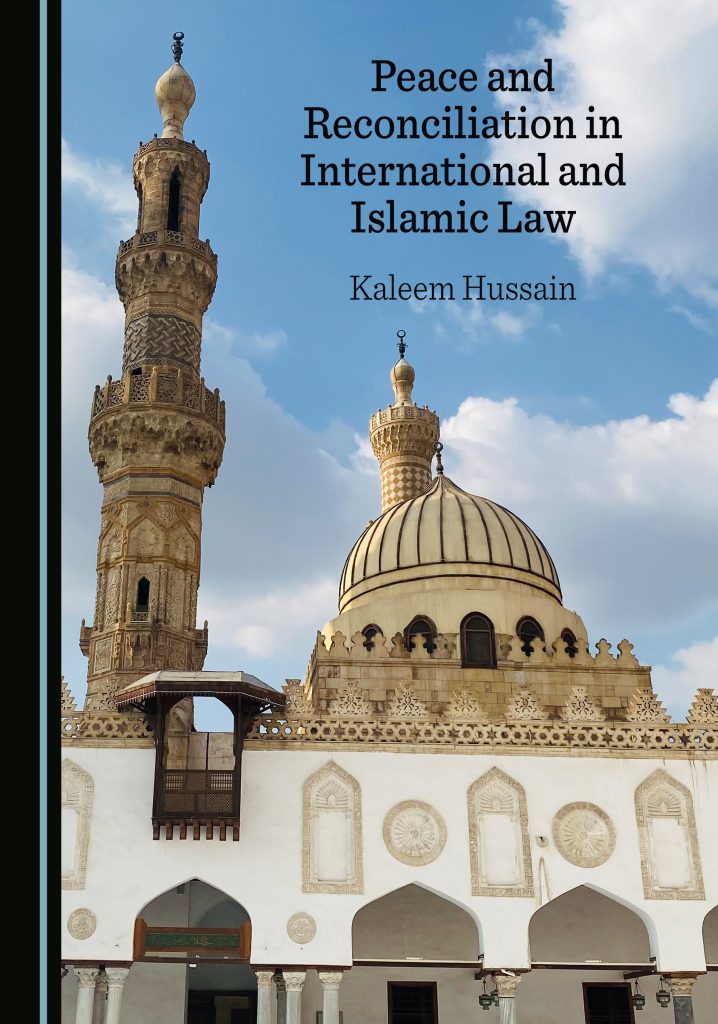

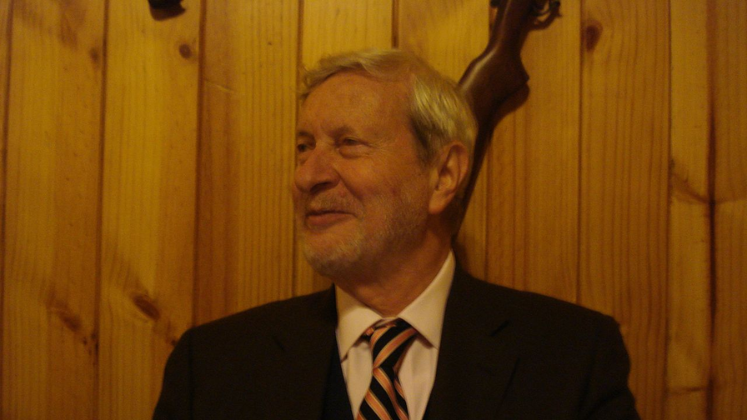
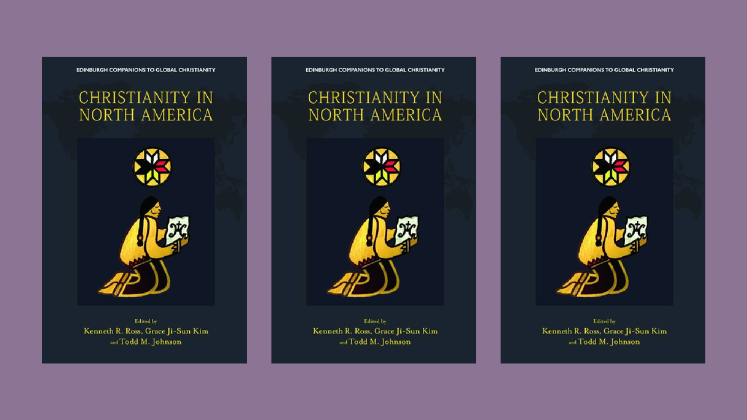
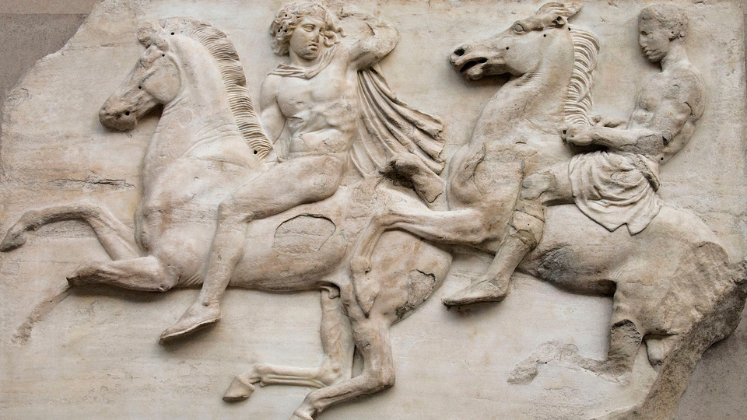
1 Comments